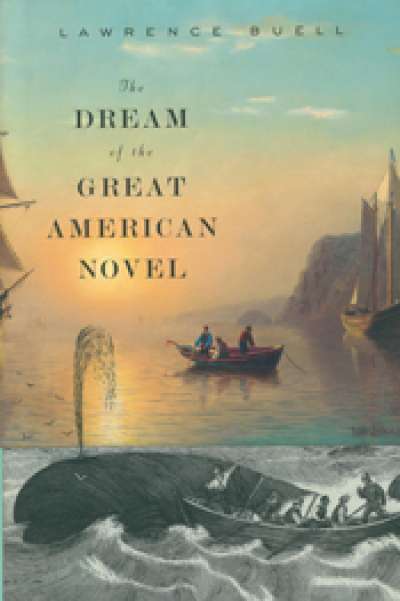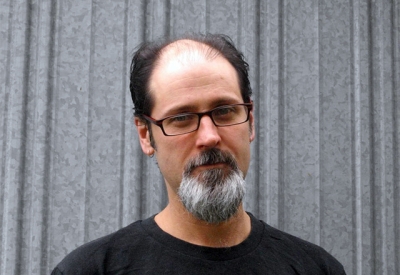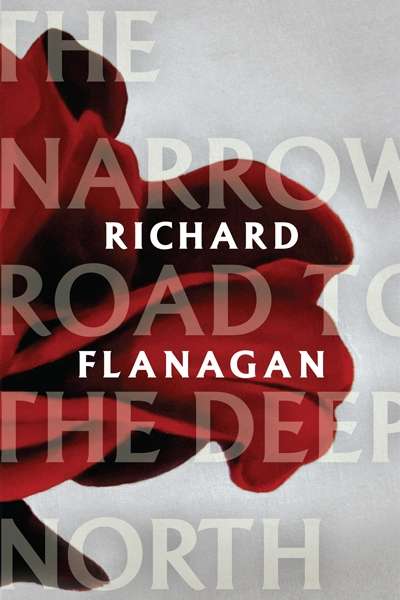James Ley
Sign up to Book of the Week and receive a new review to your inbox every Monday. Always free to read.
Recent:
The Daemon Knows: Literary Greatness and the American Sublime by Harold Bloom
Jennifer Maiden's The Fox Petition: New Poems (Giramondo) conjures foxes 'whose eyes were ghosts with pity' and foxes of language that transform the world's headlines
... (read more)Last month in Melbourne, a group of book reviewers and literary editors took part in a conference organised by Monash University’s Centre for the Book. There were more than thirty short papers, or ‘provocations’, as they were styled. Our Editor lamented the low or non-payment of some reviewers ( ...
The Critic in the Modern World: Public criticism from Samuel Johnson to James Wood by James Ley
There are a few things that are obvious enough to sound platitudinous: intelligence, knowledge, attentiveness, insight, and so forth. But I think a certain forthrightness and clarity of expression goes a long way. A sense of humour doesn’t hurt, either.
... (read more)








